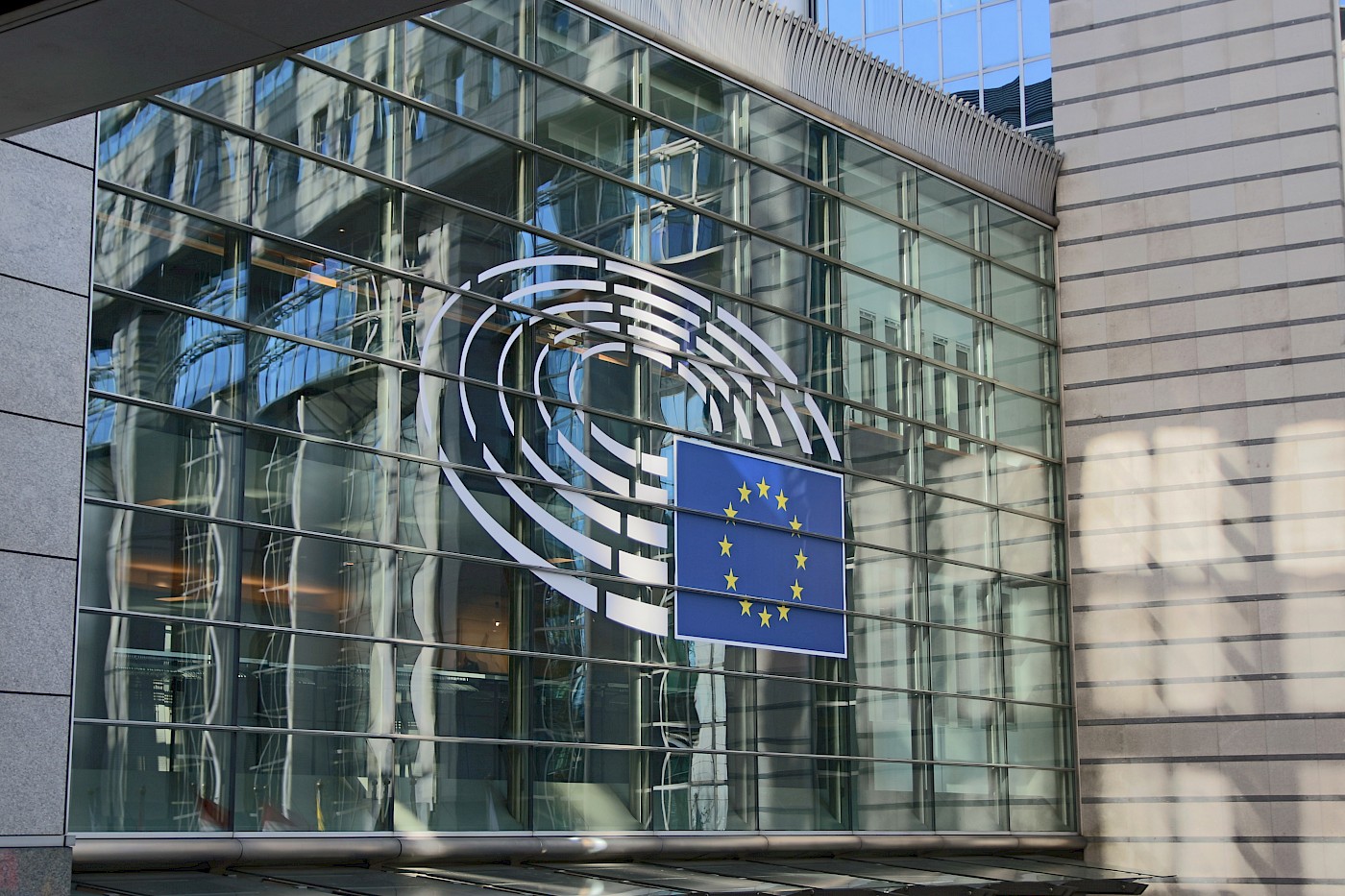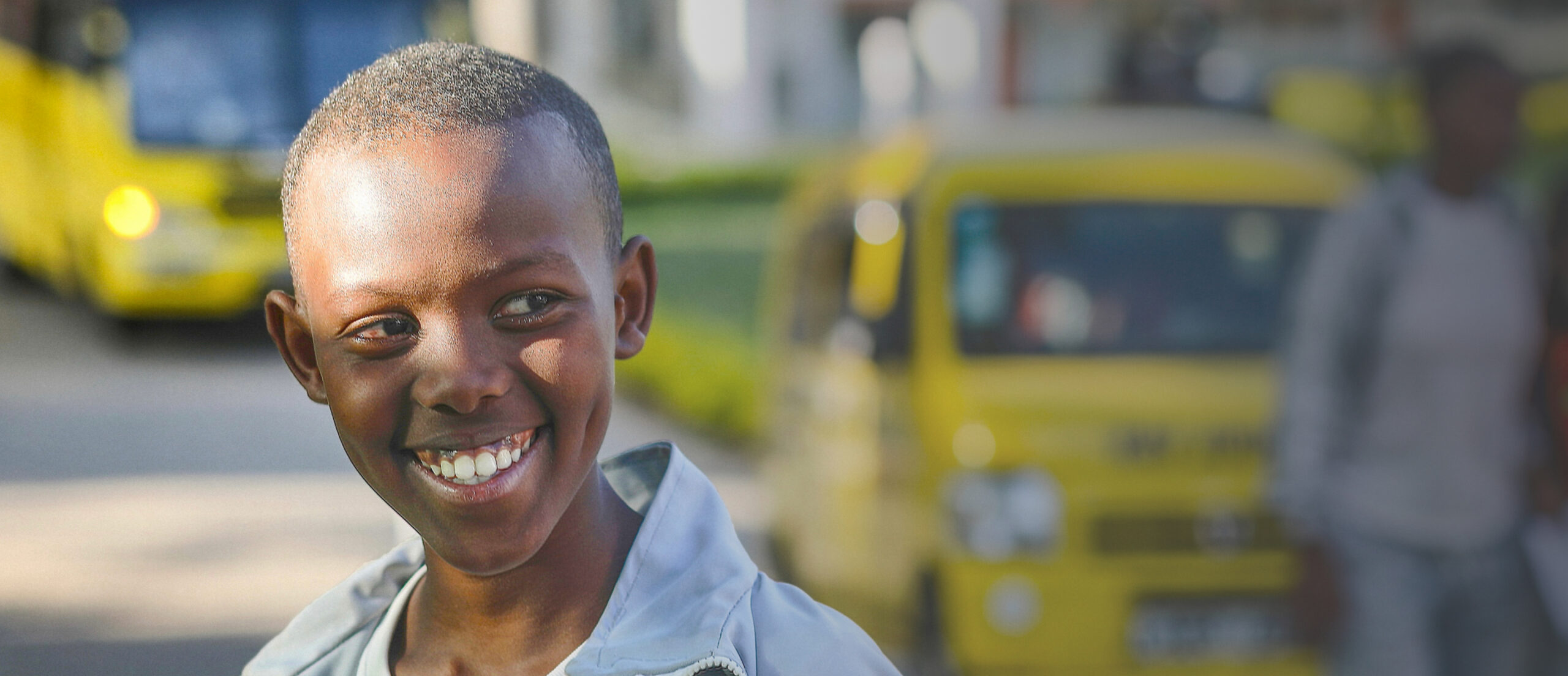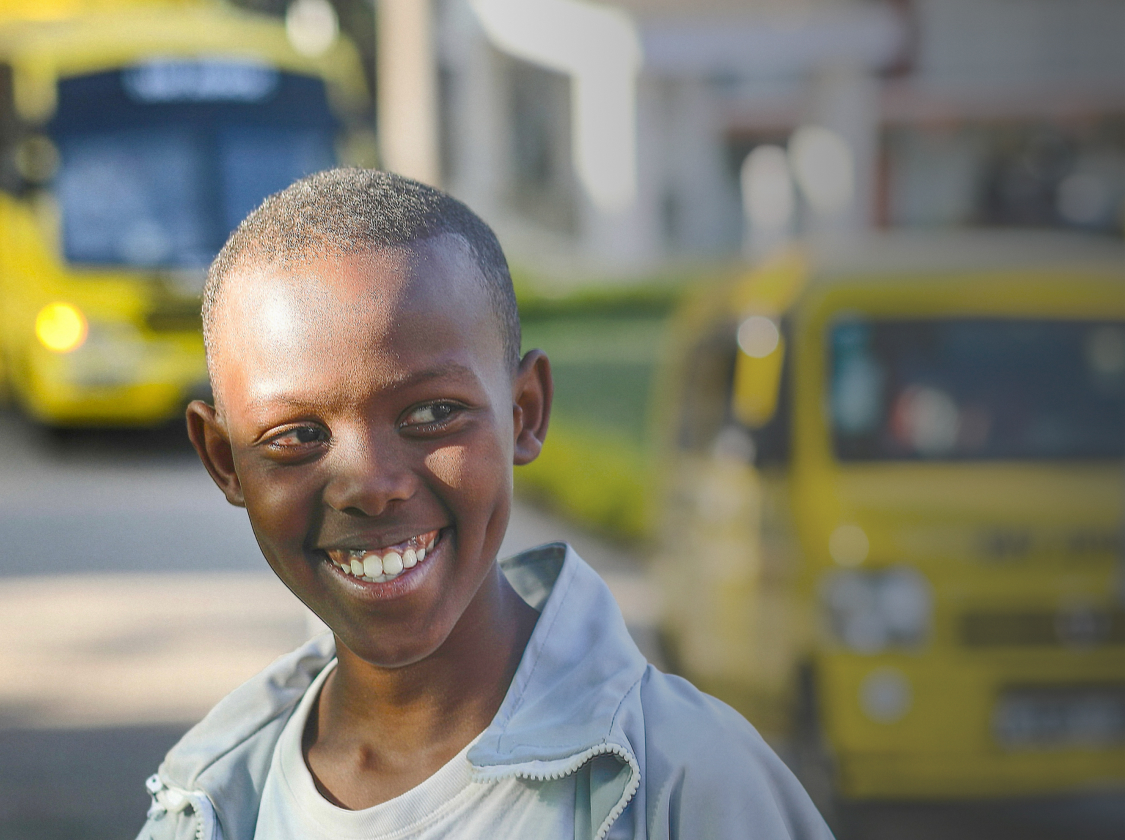The Council of the European Union, the EU Commission, and the European Parliament have begun negotiations on the due diligence directive, which introduces new obligations for companies regarding the respect for human rights and the environment. Following the European Parliament’s approval of amendments to the directive on June 1, the three EU institutions now have to narrow the gap between their stances in order to reach an agreement.
In particular, the texts proposed by the European Commission and the Council of the European Union are detrimental compared to the one finalized by the Parliament, which incorporates two of Still I Rise’s main demands: on the one hand, the integration of mandatory due diligence on human and environmental rights in companies’ activities throughout the entire value chain; on the other, the obligation for member states to establish an independent, external authority to monitor companies’ actions.
Nonetheless, the text approved by the EU Parliament has major flaws, as it fails to mention a number of human rights violations, such as the right to a clean, healthy, and sustainable work environment or the right to freedom of movement. Talks were held in Brussels on October 16 and 17 in an attempt to narrow the gap on the inclusion of the financial sector among the actors subject to due diligence rules. The dialogue is set to continue in the coming weeks, as a new round of negotiations with the European Parliament is scheduled for November. However, the agreement is still far from being sealed at the moment.
“The time frame is tight. There will be European elections in June 2024; if an agreement is not found soon, all the efforts made so far risk being wasted,” says Giulia Cicoli, Director of Communications, Advocacy and Fundraising at Still I Rise. “The directive must be approved before the start of the new legislature, and without downward deals. The text has important flaws, but the improvements made by the European Parliament are crucial to prevent and counter human rights violations, especially in high-risk sectors and contexts such as cobalt extraction in the Democratic Republic of Congo.”
A plea also came from German MEP Malte Gallée, who visited Still I Rise’s Pamoja Academy in the Democratic Republic of Congo on August 1. “In Kolwezi, a small humanitarian organization is working to get children out of illegal mines,” he said on September 13 during a speech in the European Parliament. “This task should not be entrusted to a small humanitarian organization but, on the one hand, to the state and, on the other hand, to us Europeans who depend on these raw materials. This is precisely the incredibly important aspect [of the directive], and is also the improvement over the Commission’s draft. My request to all of you who will negotiate the agreement is make sure that social infrastructure in mining areas is a top priority.”


